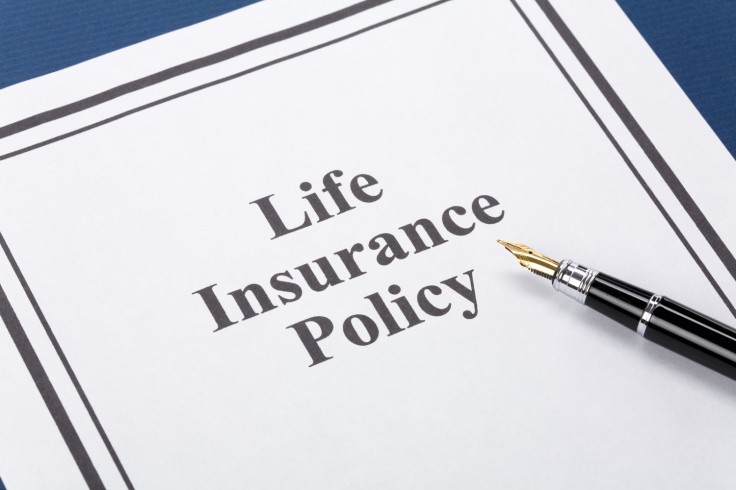
Few people like to think about death, but it's nevertheless an essential part of our world that everyone must grapple with sooner or later. For young adults in particular, however, death can seem a distant and even alien concept, especially if you haven't yet lost someone close to you. Many young adults thus shun life insurance policies, arguing that they seldom if ever are seriously endangered, whereas others assert that the long-term savings of buying a life insurance policy in your 20s are still worthwhile.
Should you buy life insurance in your 20s? Here's a breakdown of when most young adults decide to invest in life insurance coverage.
The primary benefit is the savings
Why do young people bother investing in life insurance, anyway? After all, young adults are usually physically fit, and even if they're unhealthy the very fact that they're still young means they're not as likely to succumb to untimely deaths as their older peers. Nevertheless, countless young adults in their 20s and early 30s invest in life insurance all the time. The primary benefit of investing in life insurance at a young age is that you'll save tremendous money - in most cases, the earlier you buy life insurance, the cheaper it is to obtain and the better a premium you can get.
It's easy enough to understand that buying life insurance earlier saves you money - so why do so many young people put it off, besides their natural tendency to think they're unlikely to die anytime soon? Partially because there are so many myths surrounding life insurance; many young people think that life insurance policies are much more expensive than they actually are, for instance. As a matter of fact, of all the common myths surrounding life insurance, thinking that it's prohibitively expensive and not worthy of the investment is one of the most common assumptions young people mistakenly make.
Other excuses include not knowing what kind of insurance coverage to invest in. You may not have any idea how much money you should leave to your family, for instance, and feel as if the problem is so intimidating that it's worth putting off until you're older and more mature. For young adults who want to start a family one day, however, putting off the decision to purchase life insurance can guarantee misery and financial ruin down the line if you suffer an untimely death and haven't made appropriate precautions well ahead of time.
Knowing how to compare rates on sites such as InsuranceHero is thus essential, as you don't want to invest in shoddy coverage but can't take the risk of not having any life insurance at all. Still, some young people maintain that life insurance isn't a priority for a wide variety of reasons, and they're not always wrong.
Young people are drowning in debt
One of the primary reasons that so many people in their 20s eschew life insurance is that they're frequently chained down by immense sums of debt. Older workers and those who received a college education a few decades ago are usually blissfully unaware of the contemporary status quo which places a tremendous amount of financial uncertainty upon most young adults. In the United States alone, over half of young adults who went to college in 2018 took on debt, and the average debt balance was a staggering $29,800.
Similarly, houses are getting less affordable while good jobs are becoming harder to come by. Young adults usually need years of experience in order to secure lofty positions that pay well and come with benefits, but they're often found in a catch-22 defined by a lack of experience which prevents them from getting a job, which in turn further exacerbates their lack of experience. Given that many young people ae more concerned about their student debt and paying short-term bills on time, it's thus not unreasonable for some to argue that life insurance in your 20s is often a mild concern, if one at all.
Finally, young people in general are less optimistic about the future. Young Americans are less optimistic about their future than their parents were for the first time in history, for instance, and it's not hard to blame them. A rapidly decaying global ecosystem that's still in peril thanks to rising temperatures has led many young people to eschew planning for the future in general. Arguing that there's no need to look after themselves if their parents weren't willing to hand them down an inhabitable planet, many young people are fed up and depressed when it comes to mulling the future.
This kind of pessimism can be negated with adequate preparation for an uncertain future, though. As long as people live and die unexpectedly, they'll need life insurance. Thus, young people everywhere may be hesitant to plan for the future, yet the allures of getting a cheap deal on excellent coverage will continue to rope many of them into the life insurance industry for years to come.
© 2026 University Herald, All rights reserved. Do not reproduce without permission.








